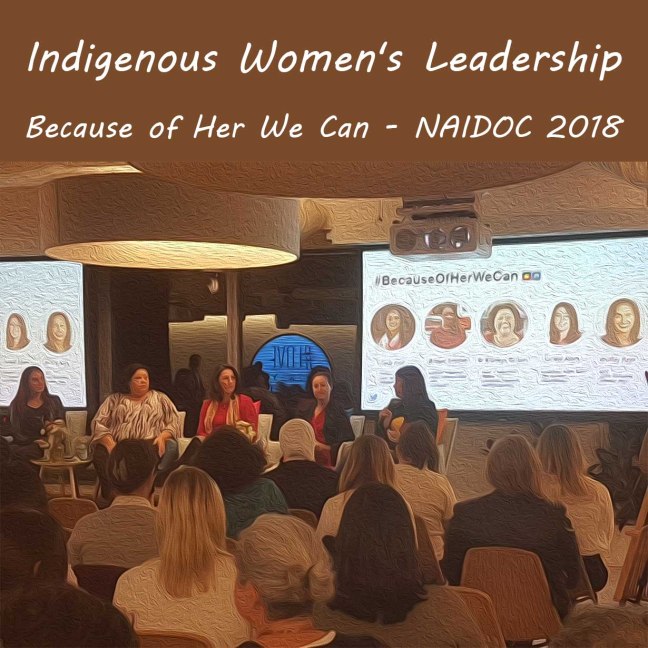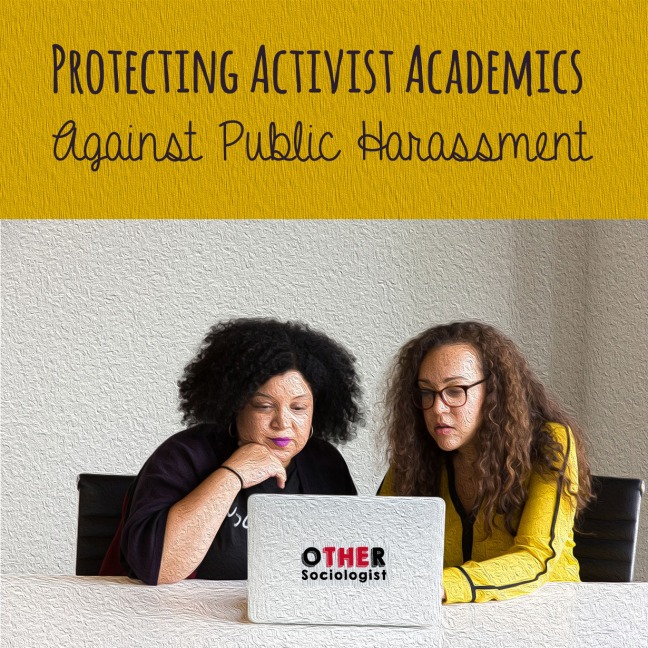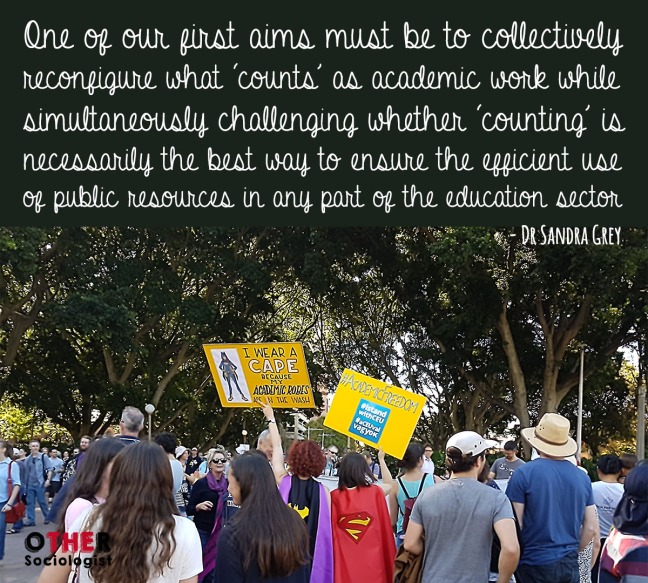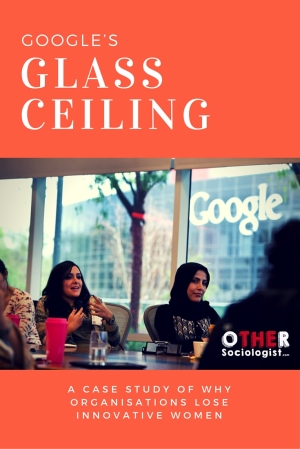This past week, Australia celebrated NAIDOC Week (8-15 July), a time to recognise the leadership, culture and achievements of Aboriginal and Torres Strait Islander people. Originally standing for National Aborigines and Islanders Day Observance Committee, NAIDOC Week has historically reflected the ongoing resistance to genocide, assimilation and land dispossession, famously culminating in the annual Day of Mourning in 1938 (a protest against Australia Day on 26 January). The NAIDOC committee emerged in 1956, and has in recent decades coordinated local and national events and awards to promote Indigenous excellence. This year’s theme is Because of Her We Can, promoting the multiple leadership roles of Indigenous women for their families and communities, as they push for social justice and human rights at the local community and national levels.
I share with you two events I attended that highlight the role of Aboriginal and Torres Strait Islander women in academia, journalism, business, law and social policy. Continue reading Indigenous Women’s Leadership





 By Zuleyka Zevallos
By Zuleyka Zevallos
